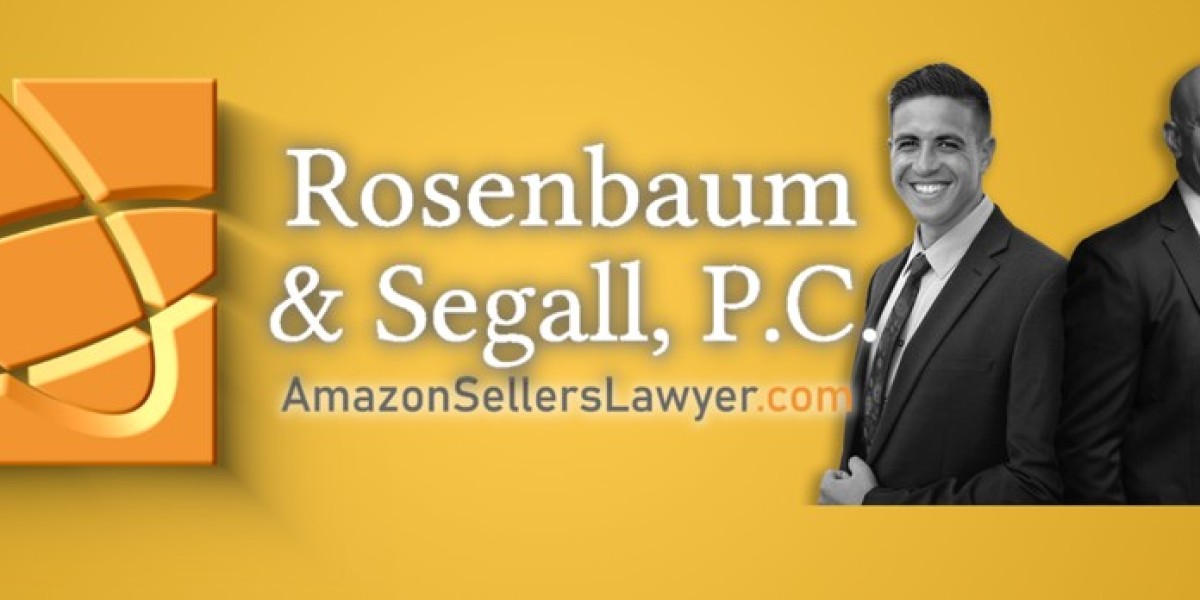If you’ve seen headlines about an Amazon class action lawsuit and wondered what it means—or if you’ve received a postcard or email saying you might be a “class member”—you’re not alone. Class actions sound intimidating, but the basics are straightforward. This guide explains how class actions against Amazon generally work, who might qualify, how claims get paid, and what to watch for whether you’re a shopper, a third-party seller, or a current/former worker. (This is general information, not legal advice.)
What is a class action, exactly?
A class action is a lawsuit where one or more people (the “named plaintiffs”) sue on behalf of a larger group with similar claims (the “class”). A judge must “certify” the class by deciding that common issues outweigh individual differences and that a class action is the fairest, most efficient path. If the class is certified—or if a settlement is reached before certification—potential members are notified and given instructions to submit a claim, do nothing, or opt out.
Why use a class action? Because it can be impractical for thousands or millions of people to file separate cases over relatively small harms (e.g., a few dollars per purchase, a misleading fee, or an improperly timed subscription renewal). A class action pools those claims and creates leverage for a global settlement or trial.
Common themes in class actions against Amazon
There isn’t just one class action against Amazon. Over time, different groups have brought different types of cases. The recurring categories include:
- Consumer pricing and subscriptions: Disputes about deceptive pricing, strike-through “was” prices, subscribe-and-save representations, or Prime free-trial and auto-renewal disclosures.
- Privacy and data: Claims that certain devices, apps, or site features collected or shared data in ways customers didn’t expect.
- Product safety or labeling: Allegations that a product sold on the marketplace was mislabeled, unsafe, or didn’t match its listing.
- Competition and marketplace practices: Third-party sellers sometimes claim marketplace rules or fee structures were unfair or anticompetitive.
- Wage and hour / worker issues: Claims from delivery drivers, warehouse workers, or contractors involving overtime, meal breaks, or reimbursements.
Each case rises or falls on its own facts and legal theories. Some settle with cash or vouchers; others get dismissed or continue for years.
Who might be a “class member”?
A class definition tells you who’s in. It usually looks like: “All persons in the U.S. who purchased X between DATE and DATE,” or “All sellers who paid FBA fee Y during PERIOD.” If you fit the definition, you’re likely in the class unless you opt out.
- Shoppers might qualify if they purchased a specified product or paid for a particular service (e.g., Amazon Prime) during a set window.
- Sellers might qualify if they paid certain fees, used particular programs (FBA, advertising), or were subject to a specific practice.
- Workers/contractors could qualify based on their role, location, and dates employed or engaged.
How claims, payments, and deadlines work
If the parties reach a settlement, the court appoints a settlement administrator and sets deadlines. You’ll usually see:
- Notice: Email or mail telling you you’re in the class and directing you to an official settlement website.
- Claim form: A short online form asking for your contact information and sometimes basic documentation (e.g., order number). Many settlements verify eligibility through internal records, so proof may or may not be required.
- Options:
- Submit a claim to receive benefits (cash, credits, or product replacements).
- Do nothing and you may still receive automatic benefits—or receive nothing and still be bound, depending on the settlement terms.
- Opt out (exclude yourself) if you want to keep your right to sue Amazon individually for the same issue.
- Object if you’re staying in the class but disagree with the settlement’s fairness or fees.
- Final approval hearing: The judge reviews the settlement’s fairness, administrators’ plans, and attorney fees. If approved, payments follow according to the plan (often months later).
Payout amounts depend on the size of the fund, how many people submit claims, and any caps or tiers. Benefits might be cash by check/ACH, account credits, extended warranties, or changes in business practices (injunctive relief). Read the fine print so you know what you’re giving up in return.
Should you opt out?
Opting out of an Amazon class action lawsuit makes sense if you’ve suffered unusual or higher-than-average damages and plan to pursue your own case. For example, a seller who lost a major account because of a unique circumstance might prefer an individual claim. On the other hand, most consumers and many sellers find that participating in a class is simpler and cheaper than hiring a lawyer for a standalone suit.
Key considerations:
- Deadline: Opt-out windows are strict; miss it and you’re likely bound by the settlement.
- Value: Compare the expected class benefit to the time and cost of going solo.
- Proof: Do you have documents and witnesses to support a larger individual claim?
Class action vs. MDL vs. arbitration
People often confuse class actions with multidistrict litigation (MDL), a federal process that consolidates many similar individual cases for pretrial efficiency. MDL is not a class action; each plaintiff keeps a separate case. Another wrinkle: arbitration clauses. Some disputes with Amazon (especially those involving sellers or certain services) may require arbitration rather than a court case. Arbitration can be faster but limits appeal rights and may bar class procedures, depending on the contract.
For third-party sellers: practical tips
- Download your records now. If a seller settlement is announced, having your fee reports, advertising invoices, and FBA statements ready makes claims smoother.
- Check the class period carefully. Many disputes hinge on specific dates when a fee changed or a policy was in effect.
- Mind confidentiality. If you consider opting out to pursue a separate claim, talk to a lawyer before sending demand letters or sharing competitive data.
For shoppers and workers: practical tips
- Use official sources. Settlement notices should point to an official settlement website run by an administrator—not a random blog or social post.
- Watch your spam folder. Notices sometimes resemble marketing emails.
- Keep it honest. Claim forms are usually simple; don’t exaggerate or forge documents.
- Track deadlines. Calendar the claim, opt-out, and objection dates so you don’t miss out.
Red flags and realistic expectations
- “Guaranteed payout” promises from unofficial sites are a red flag. Only the court and settlement administrator can confirm benefits.
- Patience is required. Even after final approval, processing millions of payments can take time.
- Coupons vs. cash. Some settlements provide credits instead of money. Decide whether that works for you before staying in.
- Attorney fees. Class counsel is typically paid from the fund, subject to court approval. Fees don’t mean you pay out of pocket, but they can reduce the net fund.
Quick FAQ
Is joining a class action free?
Yes. Class counsel is paid from a settlement fund if the court approves; you don’t pay individual legal fees.
Do I need proof of purchase?
Sometimes. Many settlements validate eligibility using internal records. If proof is needed, emails, order history, and bank statements can help.
Can I join multiple class actions?
You can participate in multiple unrelated cases, but you can’t recover twice for the same claim in overlapping settlements.
What if I moved or changed emails?
You can still be eligible. Search your Amazon order history and look up the settlement’s official site to file with updated contact info


